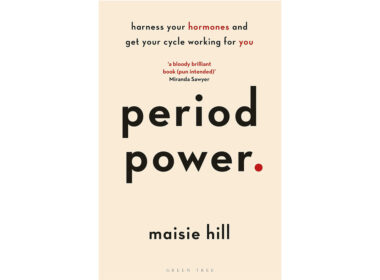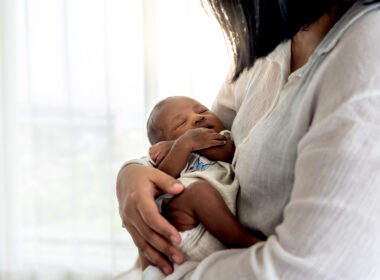On this date last year, September 27, 2018, Alexandra Williams died of health complications directly related to her birth control. On the anniversary of her death, now is a pivotal time to continue to bring greater awareness to birth control side effects and health risks about which too many women are uninformed.
Alex’s father, Anthony Williams shared her story at Natural Womanhood this past year, explaining how Alex had no major health problems before taking birth control, but then, less than a year after being prescribed a generic combination pill at her local Planned Parenthood, she was dead.
Alex had experienced some lower back pain before her death, which separate visits to an Urgent Care Center and an Emergency Room failed to diagnose accurately. Sending her off with diagnoses of muscle strains and lung infections, the doctors missed the blood clots that ultimately took her life. Then, one morning, Alex collapsed spontaneously in her driveway and was found to be brain dead less than 24 hours later. Days later, her autopsy revealed blood clots in her lungs.
Read Alex’s full story here, as written by her father Anthony Williams.
After Alex’s death, Anthony Williams searched online only to find that connections between birth control and blood clots are far more common, and fatal, than many think.
In 2011, Erika Langhart, 24, died of a pulmonary embolism due to her prescription of the Nuvaring. In 2012, Heather Lee Thomason, 25, died of similar causes. In 2013, Julia West Ross, 29, died five weeks after her wedding. “These few reported cases from courageous families who chose to speak up are raising a loud cry of alarm about an epidemic problem,” Natural Womanhood CEO Gerard Migeon wrote in 2014.
Unfortunately, for a long time, the deaths of young women due to birth-control health complications have been underreported since their cause of death is listed as a cardiovascular event, rather than being caused by hormonal contraception. But now in 2019, the numbers are becoming a little more clear.
Raising awareness of birth control side effects
A systematic review published earlier this year, led by Dr. Lynn Keenan, MD, of the University of California, found that as many as 300-400 U.S. women die annually of birth-control related cardiovascular events. “To give some perspective,” Dr. Keenan and Gerard Migeon later co-wrote an article at Public Discourse, “meningitis killed 45 people (of all ages) in 2017. Most states in the U.S. mandate meningitis vaccination for college and university students. Would they consider the same kind of prevention campaigns for the deadly blood clots caused by hormonal birth control?”
This past May 2019, more researchers put forth information on birth control adverse effects, this time in an FDA Citizen’s Petition on hormonal contraception. The Citizen’s Petition, which we’ve summarized here at Natural Womanhood, urges the FDA to add more accurate black-box warnings on commonly prescribed birth-control drugs, other safety information, as well as to remove one particularly dangerous birth control shot, Depo-Provera, from the market entirely. The petition backs up these requests with more than 100 pages of supporting research (PDF) and has been collecting comments on the FDA website from women who have suffered birth control side effects personally, and the family members and medical professionals who have witnessed them.
In one of the recent comments on the FDA petition, a woman named Laura shares: “2 years ago, my daughter died from a blood clot in her brain caused by the birth control, Yasmin. It was prescribed to her for acne and she believed it was safe. She had no risk factors, no clotting disorders. In the hospital, the doctors told us they see 3-5 patients EVERY WEEK with blood clots from birth control. That’s one hospital in a small metropolitan area in Wisconsin. I can’t imagine what other hospitals are experiencing…”
The research on blood clots and birth control is long-established. There is no good reason the medical community should be ignorant of the signs to look out for. Now is the time for us to increase awareness of birth control side effects and inform more women and couples of safer forms of family planning. Now, on what would have been Alex’s 21st birthday, let us spread the word that it’s time for deaths of healthy young women to stop.







